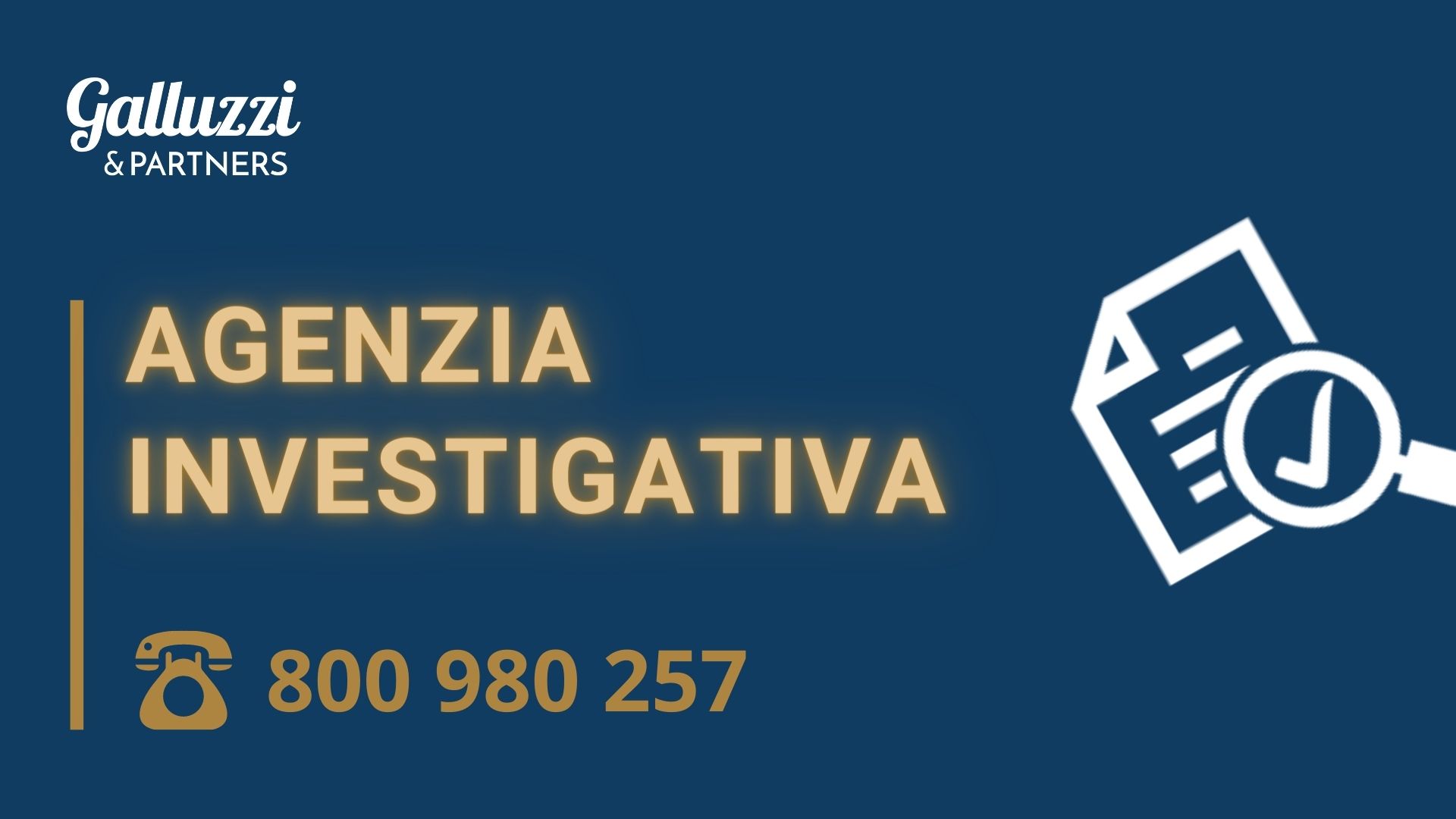During 2020, the Insurance Supervisory Institute (Ivass) reported 241 irregular sites dedicated to the sale of false policies. The number of notifications grew by 43.5% compared to the 168 sites identified in 2019 and by 60.7% compared to 150 in the 2017-2018 two-year period. “A growth that worries a lot because it leverages the behavior and vulnerabilities of users”, comments the authority. Not least because consumers don’t realize they have a fake policy in hand until they get checked or have an accident.
The scam mainly affects the liability insurance sector. cars because these are mandatory, are perceived as expensive and are easy to buy via the web. The users who fall victim to it are citizens who try to save on the costs of the policy, often even young people, accustomed to surfing and interacting on the internet.
Scammers promise low cost policies
The cost of the policy offered by the scammer is usually low, “We speak on average of a few hundred euros for an annual policy and 40-50 euros per day for the so-called temporary coverages, and this lowers the user’s defenses: c ‘is the good news of saving and there is a greater appetite for risk because a small amount of money is at stake, ”explains Ivass in a note.
Flirtatious sites very similar to those of real insurance companies
The sites offering these policies use logos and images similar to those of well-known insurance companies on the market. So they play a lot on visual deception. There are also real identity thefts against regularly operating companies, agents and brokers. In general, about 70% of fake sites disappear from the web within a few days from the moment the Institute informs the public and the investigating authority.
Unfortunately, new ones soon emerge. The turnover of online insurance-related scams is high and not easily quantifiable.
The warning signs to keep in mind
The signs of a possible scam are often not interpreted as such. For example, these sites ask to pay the policy by crediting a rechargeable credit card or to entertain contacts only through fast messaging. “In these cases one should be alarmed immediately. Also because paying by reloading a credit card, perhaps at the post office or at a tobacconist’s, is strictly forbidden by the rules “, specifies the Insurance Supervisory Institute.
Furthermore, it is always prudent and advisable to request an official quote, which must be identified by a code assigned by the individual company, and to verify the consistency and correspondence of the data on the quote with those indicated on the website. “And here, unfortunately, the poor insurance culture also comes into play, an issue on which Ivass is working hard to increase the awareness of users also in relation to these scams”, he concludes. If consumers have any suspicions, they can call the institute’s contact center at 800-486661, from Monday to Friday from 8:30 to 14:30
www.simplybiz.eu

